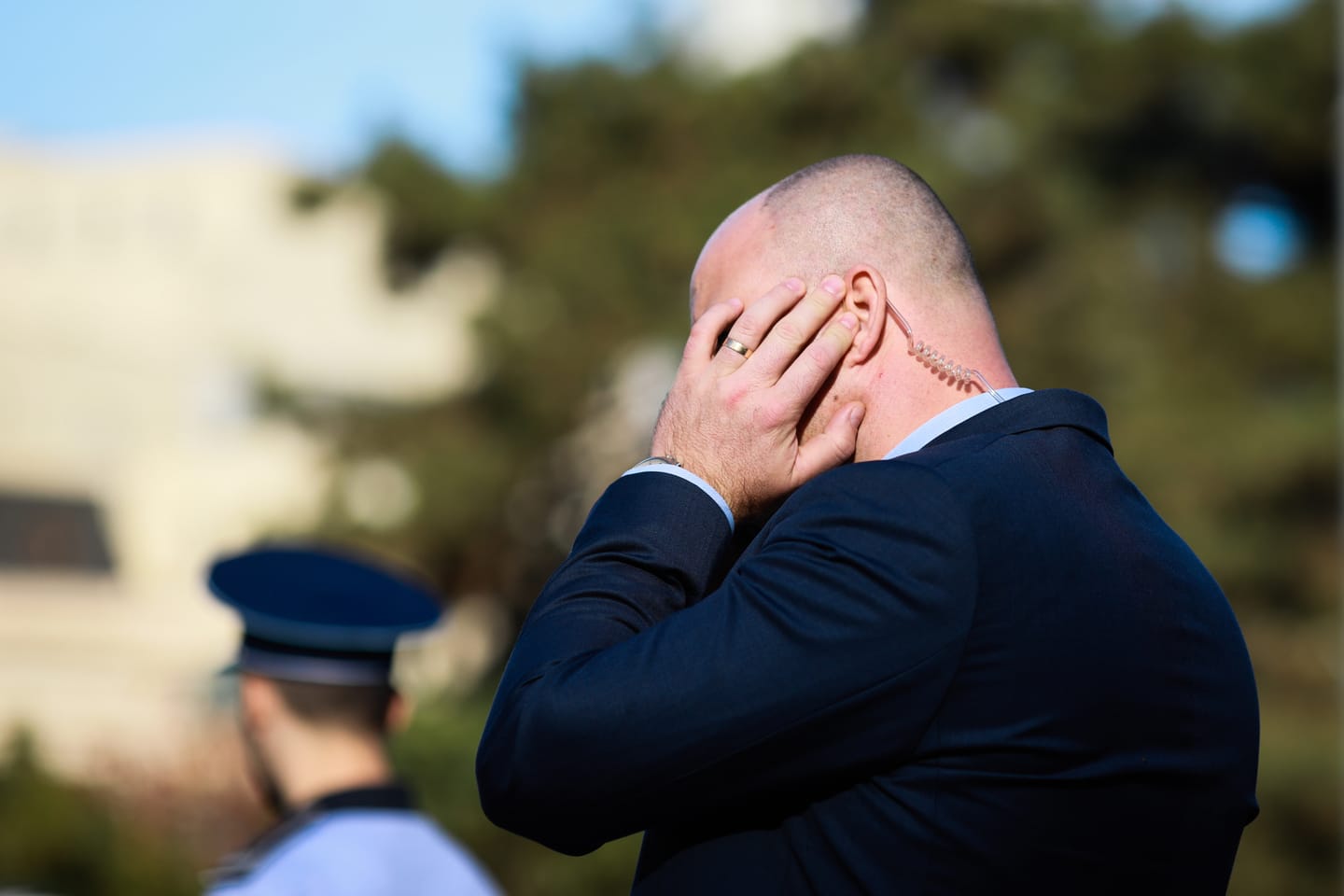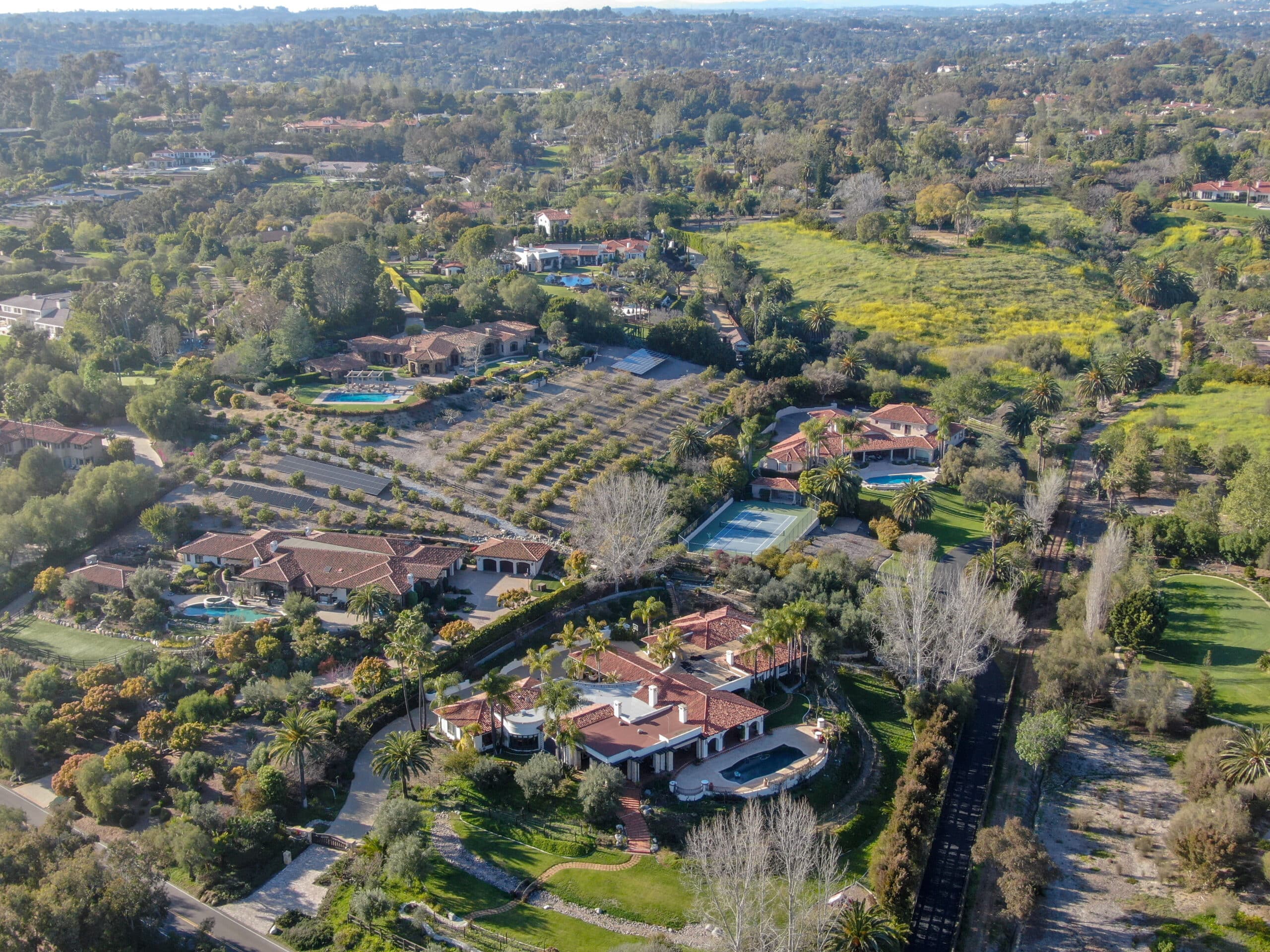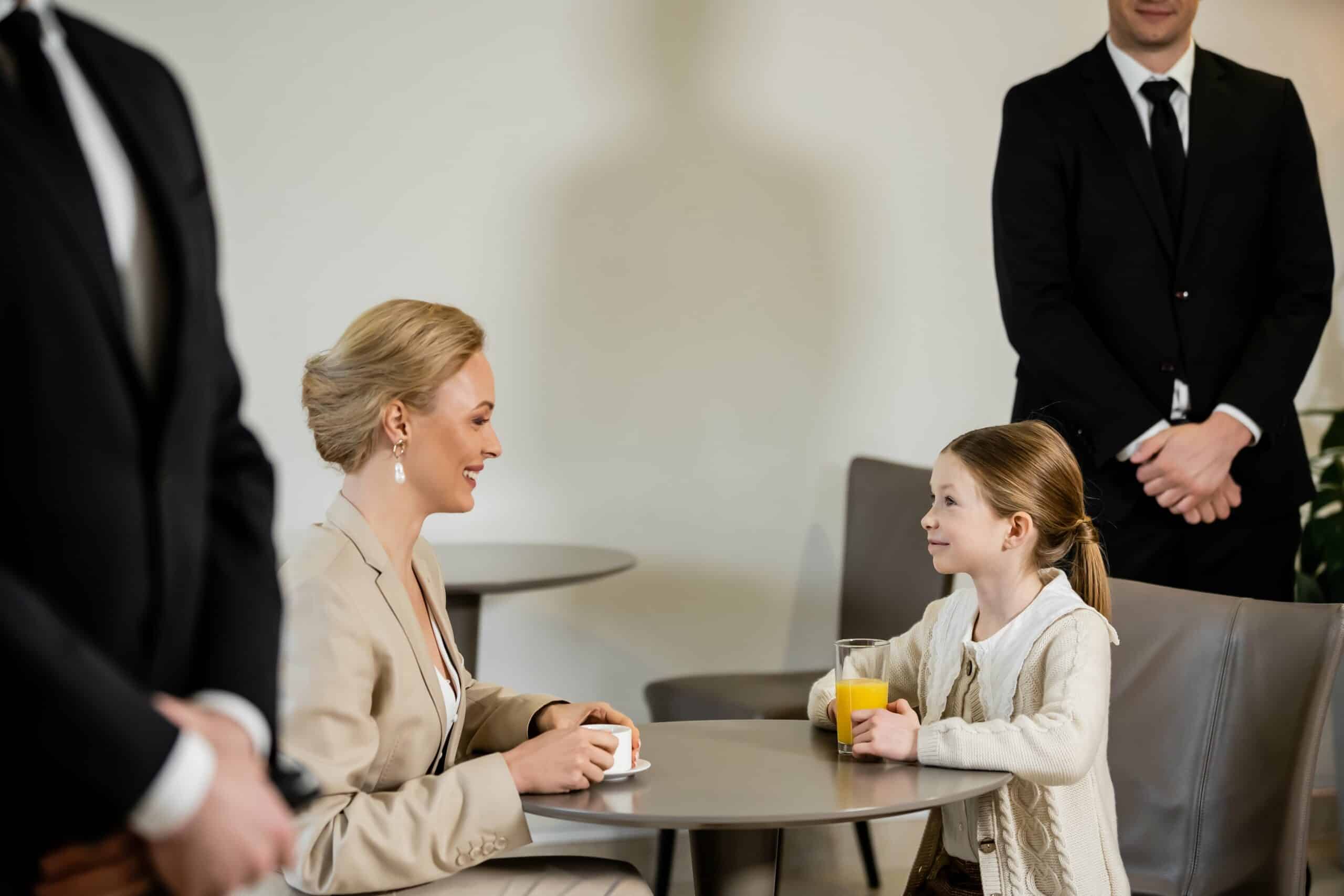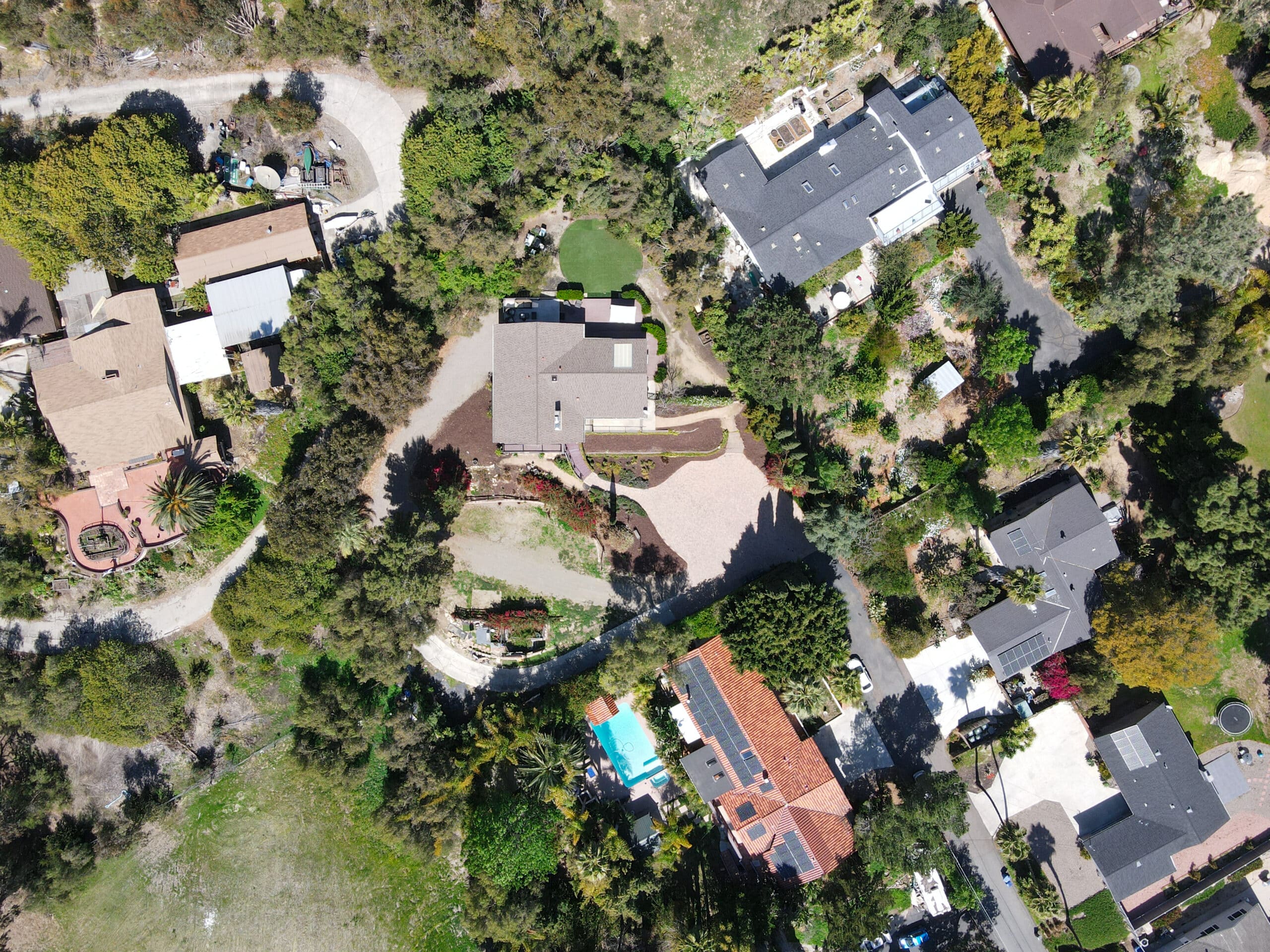Estimated reading time: 12 minutes
In the intricate landscape of personal security, the role of a bodyguard extends beyond mere physical protection. Their presence, woven into the daily fabric of a family’s life, possesses the potential to influence household dynamics significantly. This article delves into the multifaceted effects a bodyguard can have on family members and household staff, highlighting the importance of seamless integration into the home environment. With a focus on maintaining a balance between efficacy and subtlety, we explore strategies to ensure the bodyguard’s presence bolsters security without disrupting the harmony of the home.
Table of contents
- Understanding the Role of a Bodyguard in Family Settings
- Integration Strategies for Bodyguards in Family Environments
- Ensuring the Safety of Children with Subtle Surveillance
- Managing Relationships with Household Staff and External Entities
- Crisis Management: Preparing the Family for Emergency Situations
- Addressing the Emotional and Social Impact on Family Members
- Enhancing Lifestyle and Convenience through Security Measures
- Maintaining Long-Term Security and Adaptability in Changing Circumstances
- Conclusion
Understanding the Role of a Bodyguard in Family Settings
Defining the Bodyguard’s Responsibilities
In family settings, a bodyguard’s role transcends the traditional confines of physical protection. They become an integral component of the household, often involved in planning and executing daily routines. This involvement necessitates a profound understanding of the family’s lifestyle, preferences, and expectations. The bodyguard must be adept at risk assessment, not just in public scenarios but also within the sanctity of the home. Their responsibilities may include but are not limited to ensuring the safety of family members, securing the premises, and coordinating with other staff to maintain a secure environment.
The Psychological Aspect: Family Perception and Adjustment
Introducing a bodyguard into a family setting can evoke a spectrum of reactions from family members. While some may view it as a reassuring presence, others might perceive it as an intrusion into their private life. Children, especially, can be sensitive to changes in their home environment. The bodyguard must establish a rapport with the family, respecting their privacy and boundaries. Communication plays a pivotal role in this adjustment phase, with the bodyguard needing to be transparent about their protective measures and receptive to the family’s concerns and feedback.
Balancing Visibility and Discretion in Household Operations
Striking the right balance between visibility and discretion is a nuanced aspect of a bodyguard’s role in a household. While their presence should be felt, it should not be overwhelmingly intrusive. The bodyguard needs to blend into the household’s rhythm, understanding when to step forward and when to recede into the background. This balance concerns physical presence and how the bodyguard interacts with family members and staff. They should be approachable yet professional, offering assurance without necessitating constant interaction or supervision.
Integration Strategies for Bodyguards in Family Environments
Initial Introduction and Familiarization
Introducing a bodyguard into a family environment requires a thoughtful approach to ensure a smooth transition. The initial introduction is pivotal and should be handled sensitively, especially when children are involved. A formal introduction session where the family and the bodyguard interact in a relaxed setting may be beneficial. During this phase, the bodyguard can begin to understand the family’s daily routines, individual personalities, and specific needs or concerns. Familiarization extends beyond the family members to include learning the residence’s layout, understanding existing security systems, and integrating with other household staff.
Training and Preparedness Within the Household Context
For a bodyguard to be effective in a family setting, their training should extend beyond traditional security protocols to encompass household dynamics and etiquette. Familiarity with the family’s social norms, cultural practices, and even linguistic nuances can significantly enhance the bodyguard’s ability to blend in and respond appropriately in various situations. Regular drills and preparedness exercises can be conducted discreetly to ensure that both the family and the bodyguard are equipped to handle potential security incidents without causing unnecessary alarm or disruption.
Continuous Evaluation and Adaptation
The dynamics of a family and household are not static; they evolve with time, events, and the maturation of family members. As such, the role and approach of the bodyguard must be adaptable. Regular evaluation sessions involving the family, the bodyguard, and possibly a security consultant can provide valuable feedback and insights. These sessions are opportunities to reassess security measures, the bodyguard’s integration with the family, and the overall impact on household dynamics. Adapting to changes, whether they involve the family’s schedule, social circle, or even the addition of new family members, is crucial for maintaining a compelling and harmonious security presence.
Ensuring the Safety of Children with Subtle Surveillance
Tailoring Protection Strategies to Children’s Needs
Protecting children in a family environment requires a bodyguard to employ unique skills and strategies. The approach must be delicately balanced to ensure safety while allowing children the freedom to explore and grow. Understanding the children’s routines, school schedules, extracurricular activities, and social interactions is crucial. The bodyguard must become a subtle presence, capable of discreetly monitoring the children’s surroundings while being prepared to intervene when necessary. Building a trusting relationship with the children can facilitate this, allowing the bodyguard to maintain proximity without causing discomfort or undue attention.
Collaborating with Educational Institutions and Activity Organizers
A bodyguard’s responsibility often extends beyond the family home to include areas where children spend significant time, such as schools, playgrounds, and extracurricular activities. Collaboration with educational institutions and activity organizers is vital to ensure comprehensive security coverage. This may involve advance visits to activity venues, understanding security protocols, and establishing communication channels with key personnel. The bodyguard should be adept at blending into these environments, possibly posing as a family member or staff to avoid drawing attention while ensuring the child’s safety is not compromised.
Technology Integration in Child Monitoring
Leveraging technology can significantly enhance a bodyguard’s ability to monitor children discreetly. GPS trackers, mobile apps, and other surveillance technologies can provide real-time updates on a child’s location and well-being without being intrusive. However, it’s crucial to balance technology use with the need for privacy and normalcy. Technology integration should be done transparently, with the family’s knowledge and consent. Moreover, the bodyguard must be skilled in managing and responding to the information these technologies provide, ensuring that any action taken is measured, timely, and in line with the family’s expectations.
Managing Relationships with Household Staff and External Entities

Establishing a Cooperative Framework with Household Staff
Integrating a bodyguard into the household staff team requires a clear understanding of roles and responsibilities. The bodyguard must establish a cooperative framework, ensuring that all staff members are aligned with the overarching goal of maintaining a secure and comfortable environment for the family. This involves regular communication, respect for each staff member’s domain, and a collaborative approach to household operations. The bodyguard might also need to provide security awareness training to the staff, ensuring that everyone is vigilant and aware of the protocols to follow in an emergency.
Navigating Interactions with Service Providers and Visitors
A family household typically interacts with various external entities, including service providers, contractors, and guests. The bodyguard must efficiently manage these interactions, ensuring they do not compromise the family’s safety. This might involve conducting background checks, overseeing entry and exit points during visits, and monitoring the activities of non-permanent staff on the premises. The bodyguard must exhibit a high level of discernment, identifying potential threats while maintaining a courteous demeanor that aligns with the family’s social standing and expectations.
Confidentiality and Trust: The Cornerstones of Relationship Management
Confidentiality is at the heart of a bodyguard’s interaction with household staff and external entities. The bodyguard must be a vault, safeguarding the family’s private affairs, security measures, and any sensitive information they may encounter during their duty. Building trust is equally important, as it facilitates smoother operations and fosters an environment where security is a collective responsibility. The bodyguard should conduct themselves with integrity, discretion, and professionalism, setting a standard that encourages trust and mutual respect among all individuals involved in the household’s daily life.
Crisis Management: Preparing the Family for Emergency Situations
Developing and Practicing Emergency Protocols
In high-security environments, being prepared for any eventuality is paramount. This requires the development of comprehensive emergency protocols tailored to the family’s specific needs and circumstances. The bodyguard must take the lead in formulating these protocols, which should cover a range of scenarios from medical emergencies to potential security threats. Equally important is the regular practice of these protocols with the family and household staff to ensure everyone knows their role and can respond effectively under pressure. Drills should be conducted to build confidence and competence without causing undue stress or alarm.
Psychological Preparedness and Support
Crises can be highly stressful, and the psychological impact on family members, especially children, can be significant. Part of the bodyguard’s role is to prepare the family psychologically for potential emergencies. This involves providing guidance on remaining calm, thinking clearly, and following established protocols. In the aftermath of a crisis, the bodyguard should also be prepared to offer support or arrange professional assistance to help family members cope with the emotional fallout. The ability to manage not just the physical but also the psychological aspects of a crisis distinguishes an exceptional bodyguard.
Coordination with External Emergency Services
In a crisis, coordination with external emergency services like the police, fire department, or medical teams is crucial. The bodyguard must ensure that these services are integrated into the emergency protocols and that their response can be seamlessly activated when required. This involves establishing pre-arranged communication channels, understanding the protocols of each service, and ensuring that they are familiar with the layout and security features of the family’s residence. The bodyguard’s ability to coordinate effectively with external services can significantly impact the speed and effectiveness of the response in an emergency.
Addressing the Emotional and Social Impact on Family Members
Nurturing Emotional Well-being in a Secure Environment
The presence of a bodyguard and the stringent security measures can inadvertently create a sense of isolation or stress among family members. The bodyguard needs to be cognizant of the emotional atmosphere of the household and work towards nurturing a sense of normalcy and well-being. This involves encouraging positive interactions, ensuring that security procedures are as unobtrusive as possible, and being attuned to the emotional needs of each family member. The bodyguard can also facilitate activities or routines that promote a sense of comfort and normalcy within the secure environment.
Balancing Privacy and Security in Family Life
While security is non-negotiable, it must not come at the cost of the family’s privacy and autonomy. The bodyguard must master the art of being present yet invisible, ensuring that family members feel protected without feeling watched. This delicate balance requires a deep understanding of privacy boundaries and high emotional intelligence. The bodyguard should be adept at adjusting their level of intrusion based on the situation, ensuring that the family’s private life remains respected and uninterrupted.
Fostering Social Interactions and Normalcy
Despite the inherent restrictions that come with high-level security, family members need to engage in social interactions and lead a life that feels normal. The bodyguard facilitates this by safely organizing and overseeing social events, managing external communications, and ensuring family members can attend school, work, and social gatherings without stress or risk. The goal is to create an environment where the family can enjoy social interactions and maintain their lifestyle, with security measures operating discreetly in the background.
Enhancing Lifestyle and Convenience through Security Measures
Integrating Advanced Technology for Seamless Security
In today’s world, integrating advanced technology can significantly enhance the convenience and effectiveness of security measures. Smart home systems, biometric access controls, and state-of-the-art surveillance equipment can provide robust security while maintaining a high level of convenience for the family. The bodyguard should have the expertise to manage these technologies, ensuring they are used optimally to secure the premises without being intrusive. Additionally, staying abreast of technological advancements allows the bodyguard to improve the household’s security infrastructure continuously.
Customizing Security Protocols to Family Routines
Each family has its unique routine and lifestyle, and security measures should be tailored accordingly to ensure they add value rather than cause inconvenience. The bodyguard must thoroughly understand the family’s daily activities, preferences, and needs to design security protocols that align with their lifestyle. This might involve scheduling security checks at convenient times, planning travel routes that are both safe and efficient, and ensuring that any security-related disruptions to the family’s routine are minimized.
Proactive Planning for Events and Travel
Families often engage in various social events, travel, and other activities that require careful planning from a security perspective. The bodyguard’s role involves proactive planning and coordination to ensure these activities are conducted safely and smoothly. This includes conducting advance security assessments of event locations, planning safe travel itineraries, and coordinating with event organizers or travel companies to address security needs. The bodyguard’s ability to anticipate and manage potential security challenges is critical to ensuring the family can enjoy their activities with peace of mind.
Maintaining Long-Term Security and Adaptability in Changing Circumstances
Continuous Security Assessments and Updates
Security is not static; it requires constant vigilance and adaptability to changing circumstances. The bodyguard must conduct regular security assessments of the family’s environment, routines, and potential risks. This involves staying informed about local and global security threats, updating risk assessments, and making necessary adjustments to security protocols. Technology upgrades, changes in household staff, and modifications to the physical environment of the residence are all factors that necessitate a dynamic and responsive security approach.
Training and Professional Development for Bodyguards
To ensure the highest level of protection, bodyguards must be committed to continuous learning and professional development. This includes staying updated with the latest security techniques, technologies, and best practices. Participating in regular training sessions, workshops, and courses allows bodyguards to refine their skills and adapt to new security challenges. Furthermore, sharing knowledge and experiences with other security professionals can provide valuable insights and enhance security strategy.
Building a Sustainable Security Culture within the Household
Ultimately, the effectiveness of a security strategy depends not just on the bodyguard but on the collective awareness and cooperation of the entire household. Fostering a security culture within the family and among household staff is essential. This involves educating everyone about basic security principles, encouraging vigilant behavior, and cultivating a shared responsibility for safety. When each household member is engaged and informed, the security measures become more cohesive, robust, and capable of adapting to the ever-changing landscape of risks and challenges.
Conclusion
In conclusion, a bodyguard within a family setting is a multifaceted arrangement extending beyond physical protection. It encompasses a delicate balance between ensuring safety and maintaining the natural rhythm of family life. Integrating a bodyguard requires a nuanced understanding of household dynamics, continuous adaptation to changing circumstances, and a profound respect for privacy and emotional well-being. The strategies discussed in this article, ranging from the initial introduction of a bodyguard to the household to the advanced planning for social events and travel, highlight the complexity and depth of this role.












